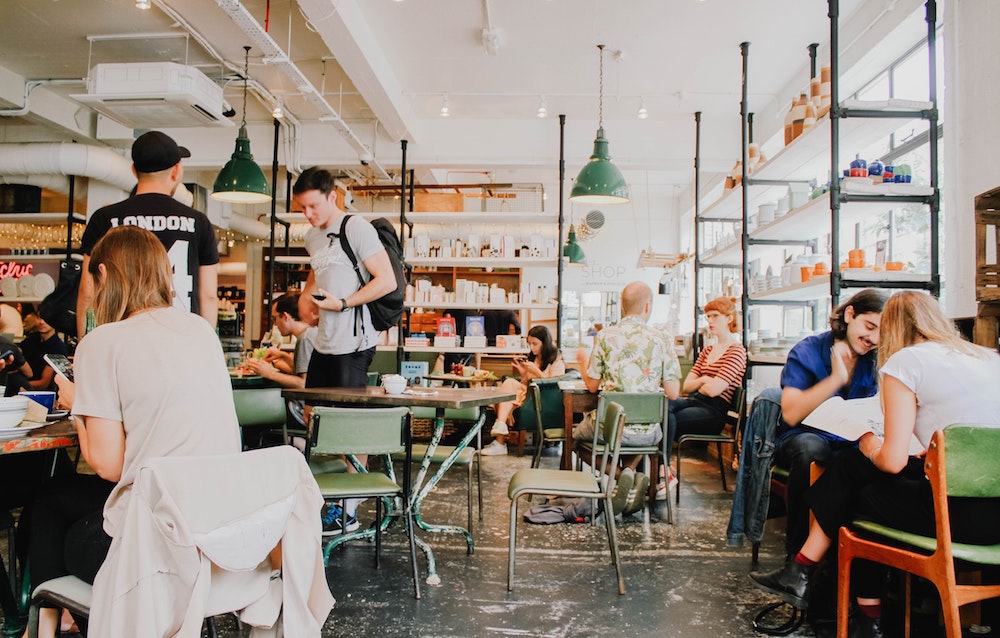
The WHY & HOW to approach strangers abroad
This blog post is all about making acquaintances abroad. I share the great TED Talk from a 75-year-old Harvard study on the value of relationships on our happiness and health, share tips from the SharetheLove community and introduce you to the great Kio who shows you how to approach strangers. Life is too short for loneliness. Get proactive and inspired by all these great resources!
On of the longest happiness studies shows the importance of relationships
I recently viewed this amazing TED talk by Robert Waldinger, the 4th director of a famous study by Harvard University who conducted one of the longest studies we know about:
They asked themselves: What if we could watch entire lives of others and observe what they are doing and conclude on this data what keeps them happy and healthy? For 75 years they tracked the lives of 724 men, frequently checking in with them asking about their life, reading medical records, checking in with family members, and interviewed them in their living room. This is one of the few studies that managed to keep this research alive since 1938. Some of these interviewed men climbed the social ladder, others made that journey in the opposite direction. About a decade ago they also finally added women to the survey.
What have been the lessons they learned from all this information generated from the data? I want to quote Director Waldinger here: „Well, the lessons aren’t about wealth or fame or working harder and harder. The clearest message that we get from this 75-year study is this: Good relationships keep us happier and healthier. Period.“
The clearest message that we get from this 75-year study is this: Good relationships keep us happier and healthier. Period."
As expats these results are very interesting too as we have a very special expertise with our relationships. While for many others around us who are living in their hometown for all their life, relationships tend to be more linear. For expats, really good relationships are often forced to end early or being transferred to a long-distance relationship. Meanwhile, we enter relationships with people we do not share a long history but the bonding aspect of being foreigners brings us together at full speed.
Hence, I find this TED talk very intriguing for expats and I am very happy that Dzhangar from Matchfamilies introduced me to it. As an entrepreneur in the social network industry, he was interested in the value of relationships by nature. I on the other side observe my clients and how they contribute from the Mastermind Groups on SharetheLove where they not only experience coaching but also a sense of community.
So what are the three essential lessons of relationships this Harvard study revealed? Well watch it yourself or keep on reading:
1. Social connections are really good to us & loneliness kills
It turns out that people who are more socially connected to family, to friends, to community, are happier, they’re physically healthier, and they live longer than people who are less well connected. And the experience of loneliness turns out to be toxic. People who are more isolated than they want to be from others find that they are less happy, their health declines earlier in midlife, their brain functioning declines sooner and they live shorter lives than people who are not lonely. And the sad fact is that at any given time, more than one in five Americans will report that they’re lonely.

2. It's not the quantity but the quality:
And we know that you can be lonely in a crowd and you can be lonely in a marriage, so the second big lesson is that it’s not just the number of friends you have, and it’s not whether or not you’re in a committed relationship, but it’s the quality of your close relationships that matters. It turns out that living in the midst of conflict is really bad for our health. High-conflict marriages, for example, without much affection, turn out to be very bad for our health, perhaps worse than getting divorced. And living amid good, warm relationships is protective.
The people who were the most satisfied in their relationships at age 50 were the healthiest at age 80. Good relationships seem to buffer us from illness and while you might have physical pain your mood stays happy.
3. Good relationships don't just protect our bodies, they protect our brains
It turns out that the people who are in relationships where they really feel they can count on the other person in times of need, those people’s memories stay sharper longer. And the people in relationships where they feel they really can’t count on the other one, those are the people who experience earlier memory decline. And those good relationships, don’t have to be smooth all the time but you need to know deep down that you can count on the other person.
Meanwhile, we enter relationships with people we do not share a long history but the bonding aspect of being foreigners brings us together at full speed.
How to maintain & establish a close relationship?
The study asks a great question: What does it mean to lean into relationships? What does that look like? Replacing screen time with people time? Doing something new together? Reaching out to that family member you haven’t spoken to for years? Those examples all have one thing in common: You have to become proactive! You need to be proactive if you live in the same place all the time but you also need to be proactive when moving abroad or repatriating after some time abroad. Waiting for the other to make the first move makes you lonely as well as anticipating that you can just continue friendships that got interrupted in some way after your move.
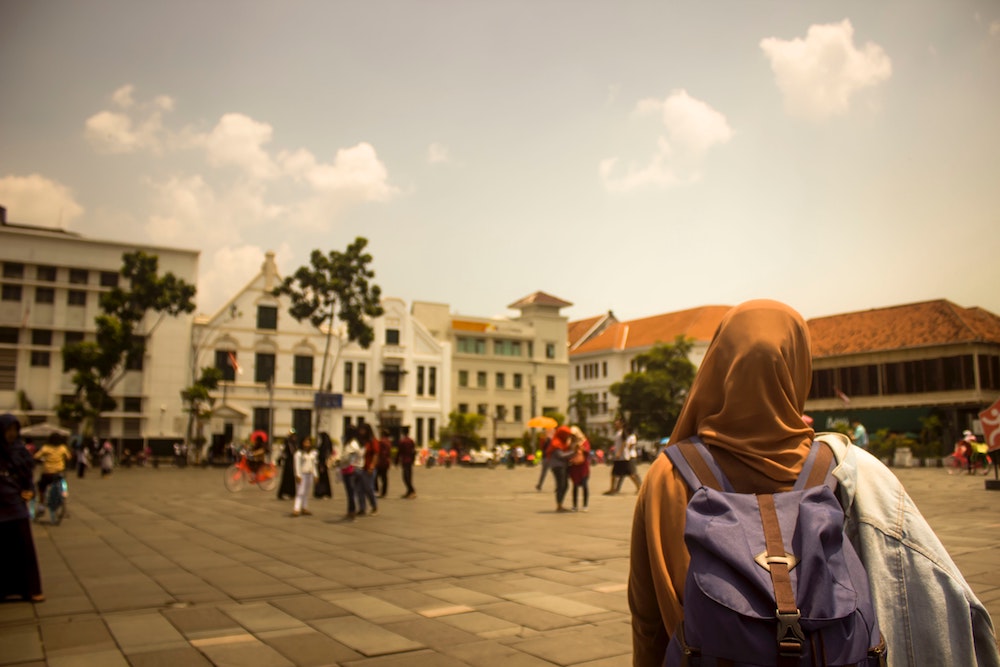
Not being proactive makes you lonely
Tips from the SharetheLove community
Considering the nature of our expat life, we have to start from scratch again and again and make the first step. So I was curious to learn what you, the SharetheLove community, had experienced. I asked you on Instagram, and it seems like the majority of you still struggles to talk to strangers, to connect with new people abroad, and to maintain close relationships with families and friends back home. Many of you shared some advice on how to get proactive and I am sharing it here:
- Join expat clubs
- Join language courses
- Join sport clubs
- Accept every dinner invite & invite back
- Take dance lessons
- Join a church
- Find commonality and be open-minded
- Approach with an open manner
- Join a gym
- Just talk 🙂
- Connect through your children (I am an introvert, she is extrovert and very social)
- Be open to everything
- Just put yourself out there
- Joining clubs and taking classes
- Going all in. Using the open window for the new kids on the block
- Social Media and local mum groups

Tips on Approaching Strangers
Another great TED talk is by Kio Stark who elaborates on how to talk to strangers and why it is so poetic and beautiful in the first place. As expats, some of us are experts in talking to strangers as they have trained it like a muscle, for others it is still a stressful moment outside the comfort zone. This TED inspires us to not see strangers as a potential danger as we tend to tell our kids but to embrace these daily little encounters.
Around the world, we have different cultural norms on what seems to be a healthy balance of talking and approaching strangers. Here is a small overview of a couple of countries Kio Stark mentions in her TED talk. I am sure, there are many personal experiences you can add here! I invite you to let us know about it in the comments sections below.
USA
Imagine two people are walking towards each other on the street. They’ll glance at each other from a distance. That’s the civility, the acknowledgment. And then as they get closer, they’ll look away, to give each other some space.
Denmark
People go to extraordinary lengths not to interact at all. Many Danes are so averse to talking to strangers, that they would rather miss their stop on the bus than say „excuse me“ to someone that they need to get around. Instead, there’s this elaborate shuffling of bags and using your body to say that you need to get past, instead of using two words.
Egypt
It’s rude to ignore a stranger, and there’s a remarkable culture of hospitality. Strangers might ask each other for a sip of water. Or, if you ask someone for directions, they’re very likely to invite you home for coffee.
What about you?
Share your experiences in the comments below

Breaking the rule
So what do you do if you find yourself in a country with complete opposite unwritten rules on making friendships or even encountering strangers? Well, step 1 is knowing about it, reading all about it, and creating awareness around it. Step 2 is finding a sweet spot for you where you are just a bit outside your comfort zone and test out daily encounters. Here are some tips of Kio Stark on how to do that:
The Opener
Find somebody who is making eye contact. That’s a good signal. The first thing is a simple smile. If you’re passing somebody on the street or in the hallway here, smile. See what happens.
Triangulation
There’s you, there’s a stranger, there’s some third thing that you both might see and comment on, like a piece of public art or somebody preaching in the street or somebody wearing funny clothes. Give it a try. Comment on that third thing, and see if starts a conversation.
Noticing
This is usually giving a compliment. Compliments are a great conversation opener and that is actually something I adopted when living in the US. The best thing: People will remember this nice compliment the next time they are wearing this pair of shoes or shirt.
The dogs and babies principle:
It can be awkward to talk to someone on the street; you don’t know how they’re going to respond. But you can always talk to their dog or their baby. The dog or the baby is a social conduit to the person, and you can tell by how they respond whether they’re open to talking more.
Disclosure
This is a very vulnerable thing to do, and it can be very rewarding. So next time you’re talking to a stranger and you feel comfortable, tell them something true about yourself, something really personal. You might have that experience I talked about of feeling understood. When you are an expat you might have already experienced how fast you can connect with a complete stranger by just confessing how lonely and insecure you are feeling right now in this new place.
So I hope that these tips are inspiring you to open up a bit, lose the fear of meeting someone new. I am adding some more links and resources for you to catch up on. Also, feel free to use the chat to add something that was helpful to you and might support others around the globe.
Matchfamilies
A great app to connect expat families! Introduce yourself to the community, find similarities, and make friends abroad from around the world.
Mastermind Groups
Curious about career planning and coaching but also longing for a community? Join the tribe!
TED talk about loneliness
Being open and vulnerable with your loneliness, sadness and fear can help you find comfort and feel less alone, says writer and artist Jonny Sun. In an honest talk filled with his signature illustrations, Sun shares how telling stories about feeling like an outsider helped him tap into an unexpected community and find a tiny sliver of light in the darkness.
Global Coffee Date
Our monthly, free global coffee date to connect with amazing women around the globe.


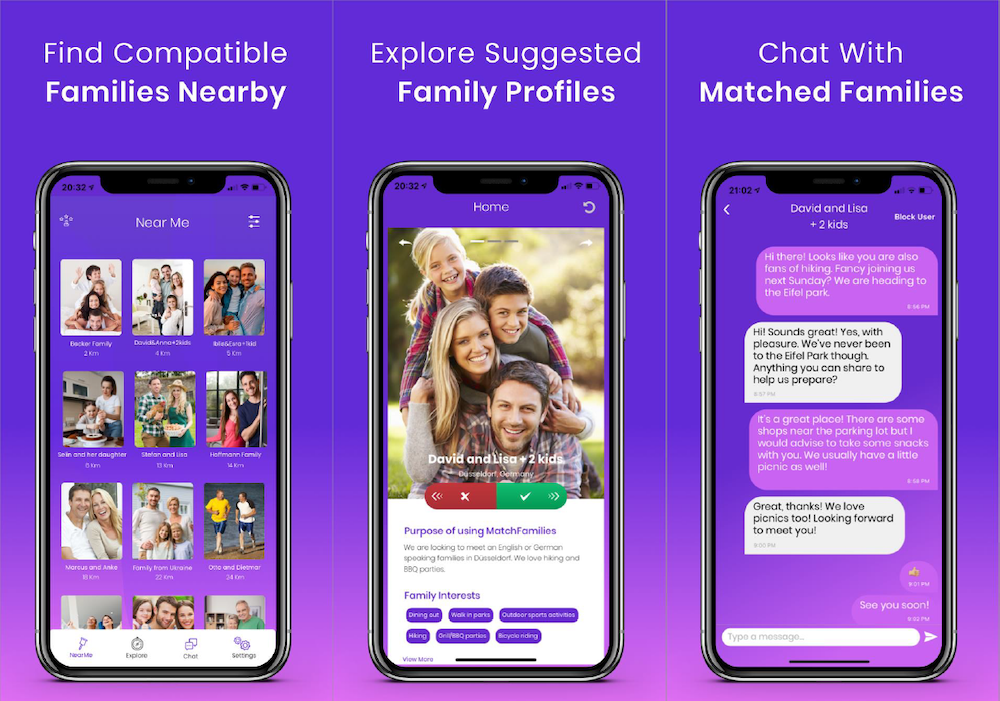
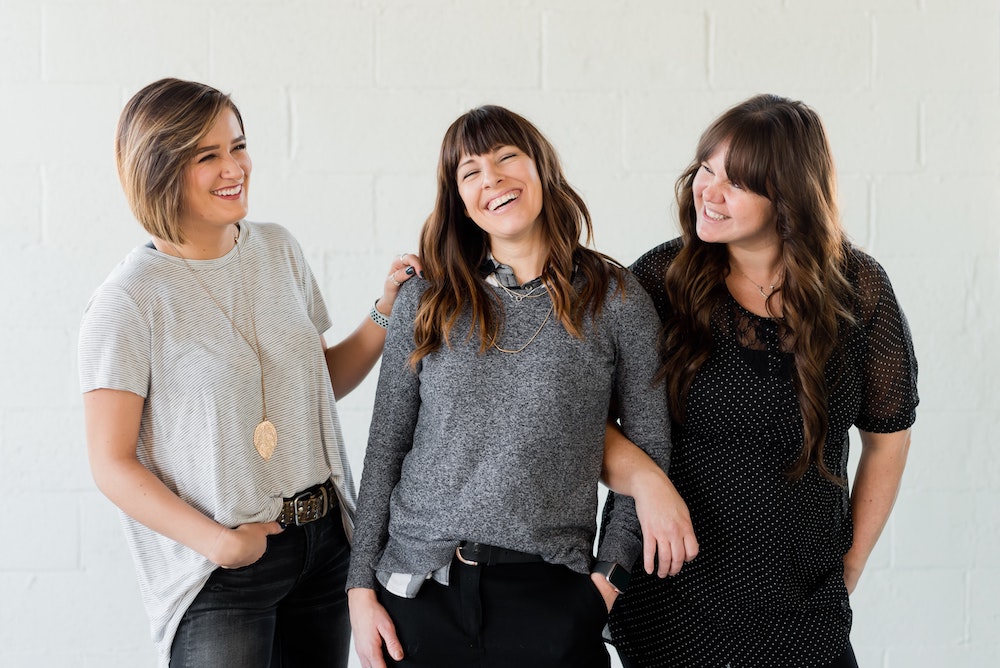
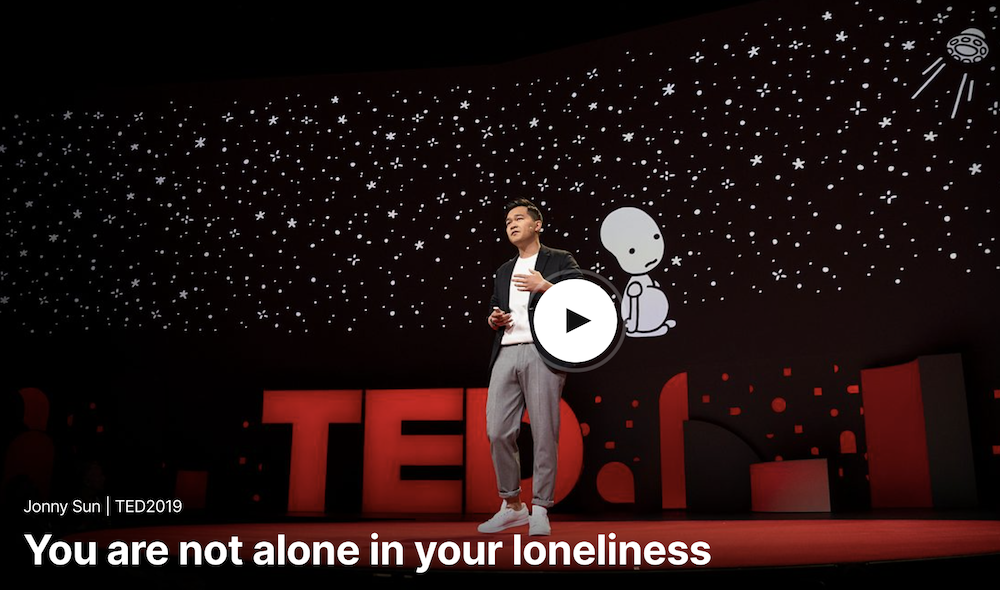

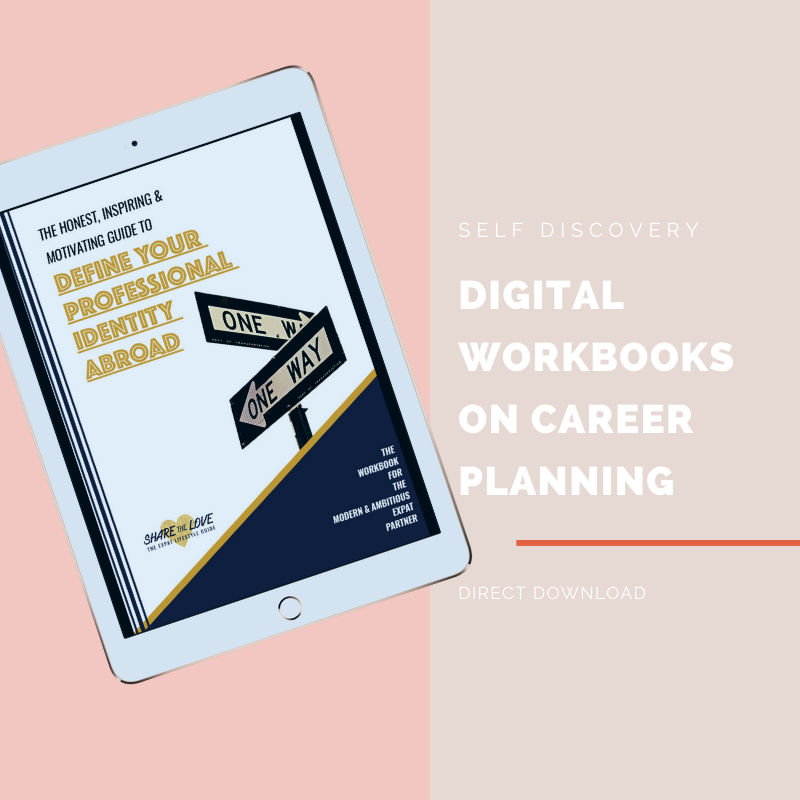
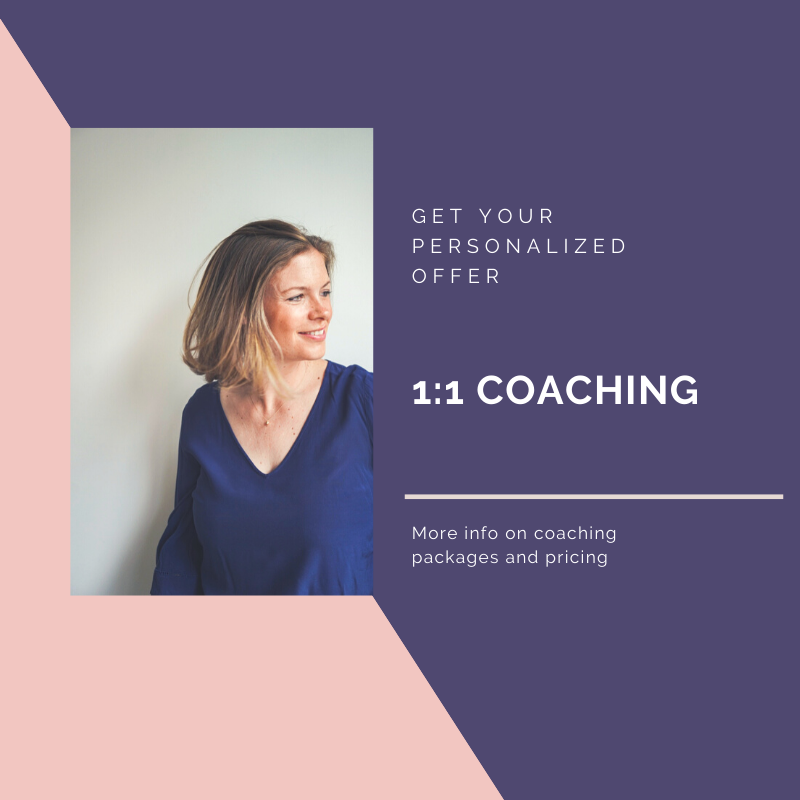
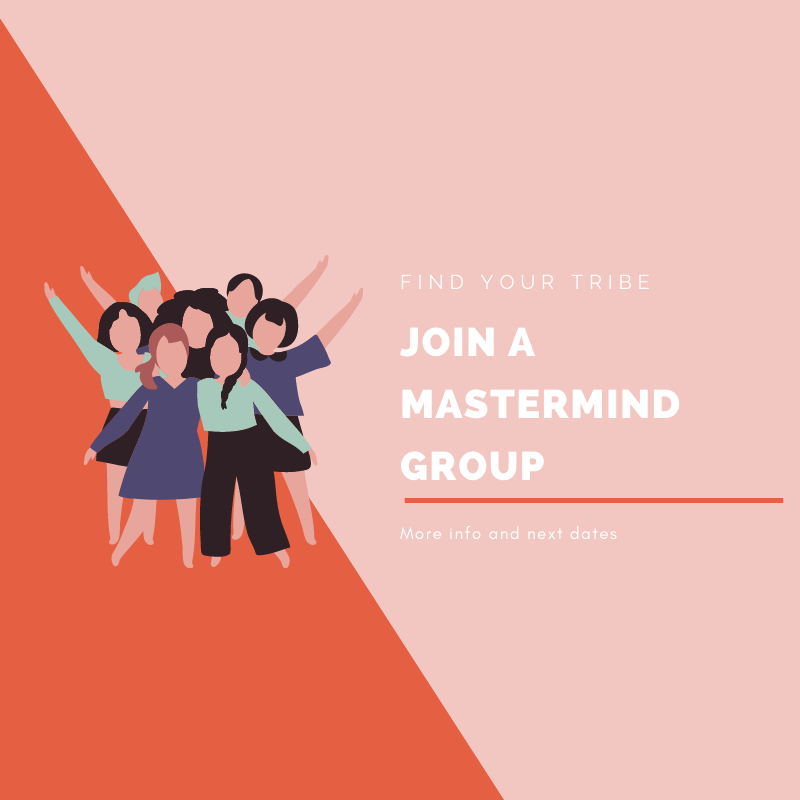






4 Antworten
I like join
Planning an international move can be overwhelming, but with the right preparation, it becomes much easier. From decluttering to organizing essential items, every step counts toward a smooth transition. Check out these affordable residential moving services in Downtown Denver to ensure a hassle-free relocation experience.
Relocating to a new home can be stressful, but choosing the right moving company can make all the difference. Whether you’re moving across town or across the country, professional movers can help ensure a smooth transition. Discover the best residential movers in Downtown Denver for reliable and affordable moving services.
Settling into a new place can be exciting yet challenging, especially when it comes to moving all your belongings safely. Choosing the right moving service can make the transition smoother and stress-free. Rely on the expertise of professional home movers in Downtown Denver to handle your relocation with care and efficiency.